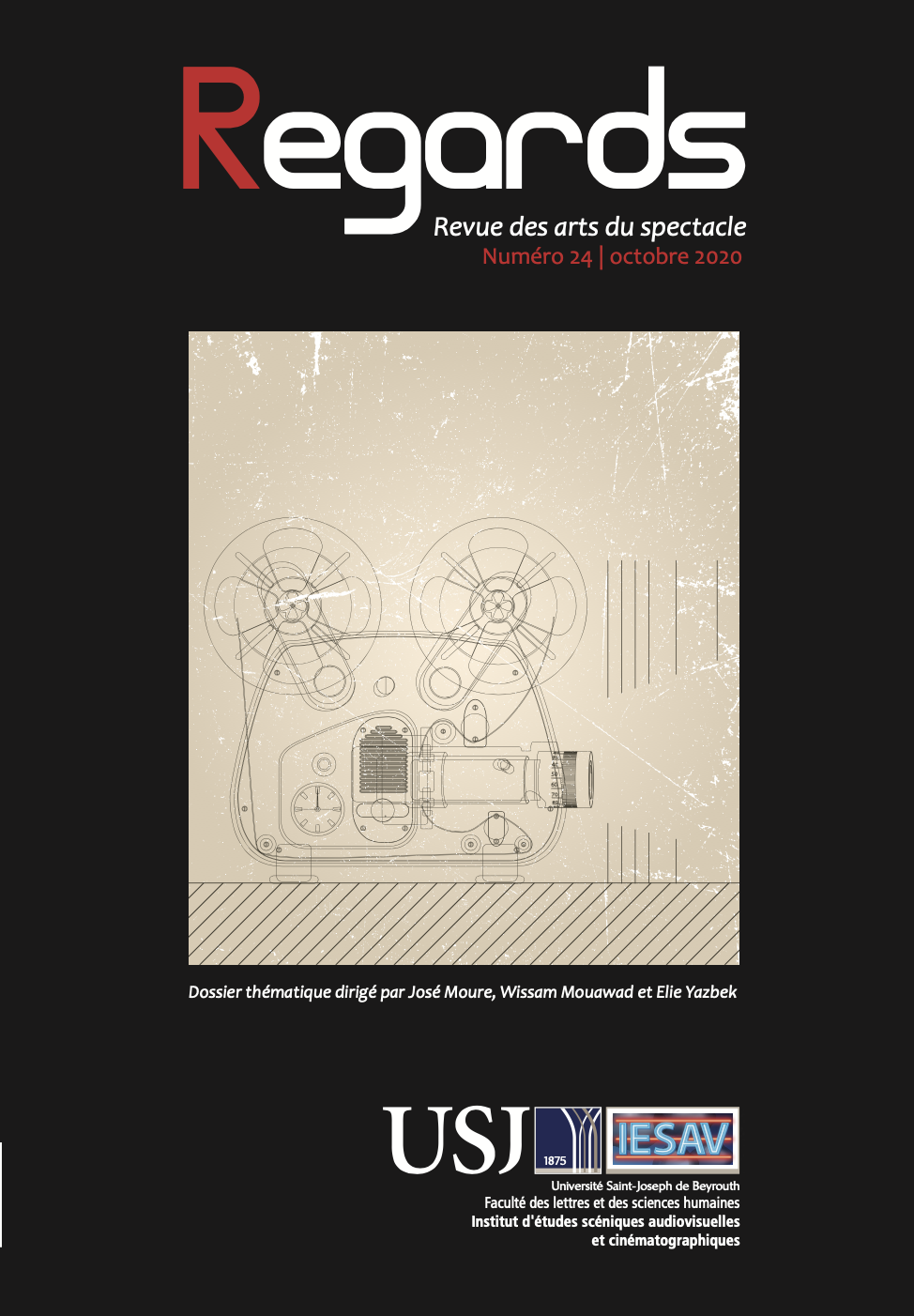Abstract
Lebanese filmmakers often choose some particular narrative forms to their co-produced movies. Either they deviate from traditional screenplay writings, or they develop a lot of thematic variations. The margins of freedom, creativity and inventiveness increase therefore globally in the Lebanese co-produced cinema. To what extent these new narrative forms are adapted to the Lebanese destabilized geopolitical context? How do the documentaries, the dramas and the road movies establish a kind of Lebanese Identity and Lebanese memory in these movies, so they are frequently selected in European and International movies festivals?

